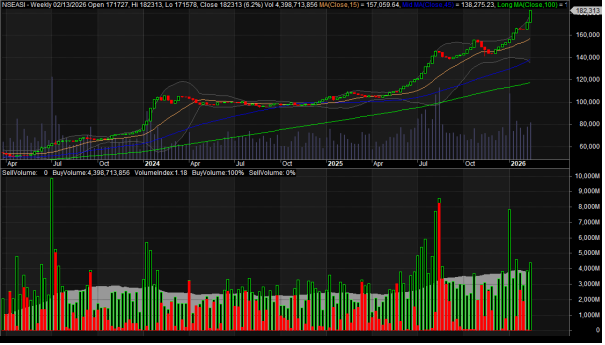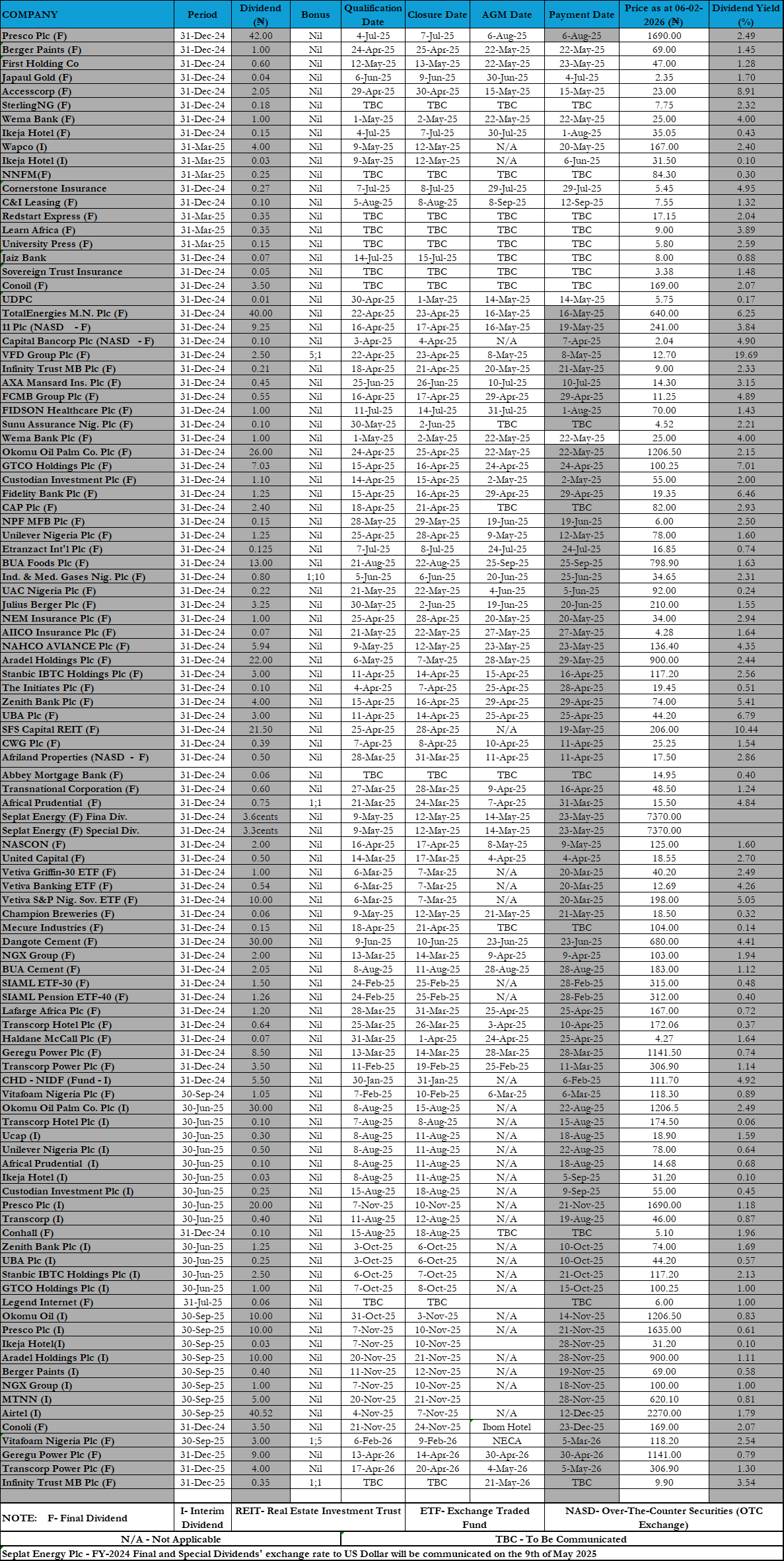
Conscious of the need to further deepen the nation’s capital market and enable it to provide development capital for Medium and Small-scale Enterprises of the economy, and in line with global best practices, Nigeria’s Securities & Exchange Commission (SEC), at the weekend unveiled an exposure draft of its regulatory framework for crowdfunding in the country.
The draft, when approval proposes conditions under which private companies are permitted, “with the required structure and mechanism in place” to raise capital from the public through a process called Crowdfunding.
It defines Crowdfunding as “the process of raising funds to finance a project or business from the public through an online platform,” which could be a “website, portal, intermediary portal, application, or other similar modules that facilitate interaction between fundraisers and the investing public.”
The funding occurs within a period known as funding round, “within which a specific project, business, or venture is hosted on a crowdfunding platform to raise funds from a large number of people in exchange for shares, debt securities or other investment instruments approved by the commission. The funds may either be pooled from high net worth investors, or a large number of people through an online platform in exchange for any investment instruments approved by the commission, which also be plain vanilla bonds or debentures, and simple contracts.
An issuer that is medium-scale enterprise can only raise a total of N100m within a 12-month period via crowdfunding; the maximum amount of securities or investment instruments that can be offered and sold by a small enterprise within the same period is N70m; while that for micro-enterprise is N50m.
These limits shall, however, “not apply to MSMEs operating as digital commodities investment platforms, or such other MSMEs as may be designated by the Commission from time to time.”
Also, the document set the “aggregate amount of securities or investment instruments sold to any investor across all issuers in investment-based crowdfunding during the 12-month period” at no more than 10% of their annual income in one calendar year. Sophisticated, high Net worth and qualified institutional investors are however not subject to these set limits.
For the purpose of calculating the aggregate amount of securities and investment instruments offered and sold by an issuer under this Rule and determining whether an issuer has previously sold securities or investment instruments within a 12-month period, according to the SEC, “the term issuer as used in this Rule, shall include all entities controlled by or under common control with the issuer and any predecessors of the issuer.”
Only entities registered with the commission in the prescribed format as an exchange, dealer, broker, broker/dealer or Alternative Trading Facility as prescribed under the Act and the SEC Rules and Regulations may be registered as a Crowdfunding Intermediary.
Also, the draft rule sets the minimum paid-up capital requirement for registration at N100m; even as every crowdfunding portal is required to “appoint a custodian, who shall establish and maintain a separate trust account for each funding round on its platform with a financial institution registered by the commission as a Custodian.
To be hosted on a Crowdfunding Portal, a proposed issuer must submit relevant information including explanations of the key characteristics of the company; the purpose of the listing and the targeted offering amount; and the audited financial statements of the company.
There shall be an offering document, which “must be short, easy to read, standardized for comparability and digital-friendly by utilising HyperText links to give easy access to detailed information.”
The document shall disclose “the name and address of the issuer, directors, and officers; holders of more than 5% of the issuer’s securities; description of the business of the issuer; principal risks facing the business of the issuer; a narrative discussion of the financial condition of the issuer; as well as warnings to investors.
There must as information on the “issuer’s historical results of operations; liquidity and capital resources; how the proceeds from the offering will affect the issuer’s liquidity; and whether these funds or any other additional funds are necessary to the viability of the issuer’s business.”
Other disclosure required in the document includes the use of proceeds; target offering amount (and a deadline to reach the target offering amount); number and price of the securities or investment instruments being offered; capital structure and ownership of the issuer; risk factors; information about an investor’s right to cancel his/her investment; related party transactions; and exit options for investors.
The offering document shall equally state all risks associated with the investment without mitigants, including the liquidity of the securities; the absence of a secondary market; restrictions on the ability of an investor to cancel the investment; the risk of not getting expected performance on the securities purchased; risk of not being able to influence the management of the issuer; dilution risk; and inability to obtain a return on the investment.












